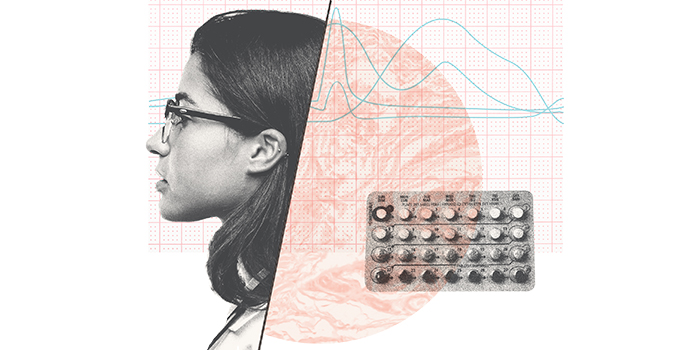Understanding EMTALA and Its Importance in Abortion Care
The Emergency Medical Treatment and Labor Act, commonly known as EMTALA, has been a fundamental pillar in American healthcare for nearly 40 years. Designed to ensure that all patients receive necessary medical care regardless of their insurance status or ability to pay, EMTALA plays a particularly crucial role when it comes to managing emergencies involving pregnant patients. The law mandates that hospitals provide stabilizing treatment for those in medical crisis, which often includes abortion care when the mother’s life or health is at risk. This legal framework is not just a formality; it is vital to safeguarding the lives of pregnant individuals in critical situations.
The Bipartisan Understanding of EMTALA
For decades, the interpretation of EMTALA’s guidelines has seen consistent bipartisan support. Recognizing that the medical profession’s primary obligation is to "do no harm," both Democratic and Republican administrations have upheld the necessity of providing abortion care under EMTALA when immediate medical intervention is required. This shared understanding reflects a collective commitment to protect patients’ lives, illustrating a rare point of agreement in a polarized political landscape. By ensuring that emergency medical providers have a clear duty to act, EMTALA serves as a safeguard for both patients in crisis and healthcare providers fulfilling their ethical obligations.
Recent Legal Challenges to EMTALA
In May 2025, a significant legal challenge emerged when the ACLU, in collaboration with Democracy Forward, the ACLU of Tennessee, and the National Women’s Law Center, sought to intervene in the case of Catholic Medical Association v. U.S. Department of Health and Human Services et al. This case challenges the guidance issued in 2022 that reiterates EMTALA’s protections for pregnant individuals in need of emergency care. By filing this intervention, the ACLU and its partners aim to uphold the established medical understanding of EMTALA amidst a rising tide of legal challenges seeking to undermine these protections.
Implications of Stripping EMTALA Protections
The potential stripping away of EMTALA’s protections poses serious risks not only to pregnant patients but also to healthcare providers. If hospitals and medical professionals are no longer compelled to provide necessary care that includes abortion when indicated, patients could be placed in life-threatening situations. This change would force medical practitioners into ethical dilemmas, compelling them to decide between adhering to their legal obligations under EMTALA and the broader implications of restrictive abortion laws. The potential for harm could lead to significant public health crises, with patients avoiding hospitals due to fears of receiving substandard care or facing legal repercussions for seeking necessary medical assistance.
The Role of Advocacy Organizations
Advocacy organizations like the ACLU play a vital role in ensuring that patients’ rights are respected and upheld within the healthcare system. By challenging the legal interpretations that threaten EMTALA’s protections, organizations aim to provide critical support for healthcare professionals who may be navigationally complex legal waters. Their efforts represent not only a fight against restrictive regulations but also an affirmation of patients’ rights to access medically necessary care without fear of judgement or repercussion.
The Community Response
The broader community response to these legal challenges has emphasized the importance of preserving EMTALA as a safety net for vulnerable populations. Public awareness campaigns and grassroots activism have mobilized individuals from all walks of life, rallying support for the rights of patients in crisis. Community members are becoming more educated about their rights under EMTALA, ensuring that they can advocate for themselves and others in medical emergencies. This growing consciousness reflects a societal commitment to fight against the erosion of healthcare access and underscores the importance of solidarity in the face of adversity.
Conclusion: The Future of EMTALA
As legal and political battles over EMTALA’s provisions continue, the implications of these discussions will resonate across the healthcare landscape. The conversation surrounding EMTALA represents not merely a legal issue but a fundamental human rights struggle that impacts the lives of millions. As stakeholders across sectors engage with this issue, the outcomes will shape the future of healthcare and patient safety in the United States, determining the level of care that individuals can expect during times of emergency.
By keeping the focus on prioritizing patient care, medical ethics, and the well-being of vulnerable populations, the dialogue surrounding EMTALA reminds us of the interconnected nature of policy, medicine, and human rights.


